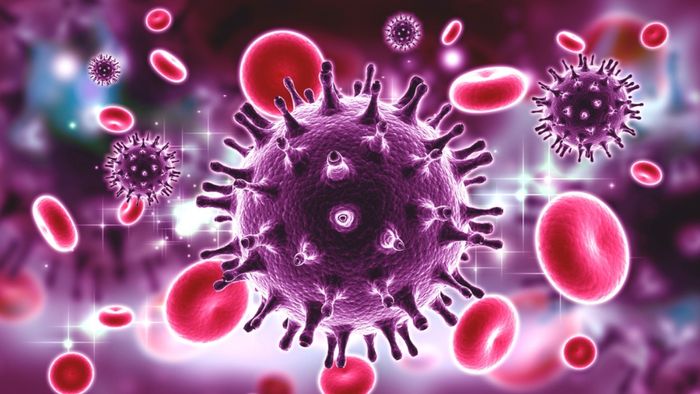Meghalaya faces HIV crisis: Over 10,000 infected, 500 children affected
- Meghalaya reports over 10,000 HIV/AIDS cases, including 500 children. - East Jaintia Hills continues to have the highest number of infections. - State to mark World AIDS Day with public events and outreach programmes.

- Nov 28, 2025,
- Updated Nov 28, 2025, 8:14 PM IST
Health authorities in Meghalaya have raised concerns over the increasing number of HIV/AIDS cases in the state, with more than 10,000 people testing positive, including 500 children. Officials say the situation is particularly severe in East Jaintia Hills, which continues to register the highest number of infections among districts.
The majority of HIV-positive children are reported to be from economically disadvantaged backgrounds, highlighting the social challenges entwined with the health crisis. "More than 10,000 people have tested positive, and it's worrying that 500 of them are children," the official said.
According to the Meghalaya AIDS Control Society (MACS), unprotected heterosexual activities remain the leading cause of transmission. The organisation has identified a reluctance among some individuals to come forward for testing, resulting in delayed detection of cases. This hesitancy is cited as a significant barrier to early intervention and treatment for those at risk.
In preparation for World AIDS Day on December 1, Dr KL Iawbor, project director of MACS, underscored the need for a collective approach to address the issue. "This virus is very dangerous, and it is the responsibility of each and every one of us to stop its transmission so we can make our state and country HIV-free by 2030," he said. Dr Iawbor's statement reflects the urgency felt by health officials as new cases continue to emerge in the state.
MACS has conducted a series of awareness and screening initiatives as part of its efforts to curb the spread of HIV. The society has tested 6,882 individuals through recent drives, of whom 24 were confirmed as HIV-positive. These screenings were carried out through a combination of outreach programmes, voluntary testing, and referrals based on suspicion.
A significant proportion of new infections have been identified through focused outreach among both high-risk groups and the broader public. "Eighty-seven per cent of cases were detected during outreach programmes among high-risk groups and the general population," he added. These efforts highlight the importance of targeted interventions to ensure that vulnerable populations receive timely information and access to testing.
To mark World AIDS Day, MACS has scheduled a bikers' rally and a range of public events on December 1. Chief Minister Conrad K Sangma is set to attend as chief guest, alongside cabinet ministers, MLAs from East Khasi Hills, nursing and paramedical students, and people living with HIV. The events aim to raise awareness, encourage testing, and foster a sense of shared responsibility within the community.